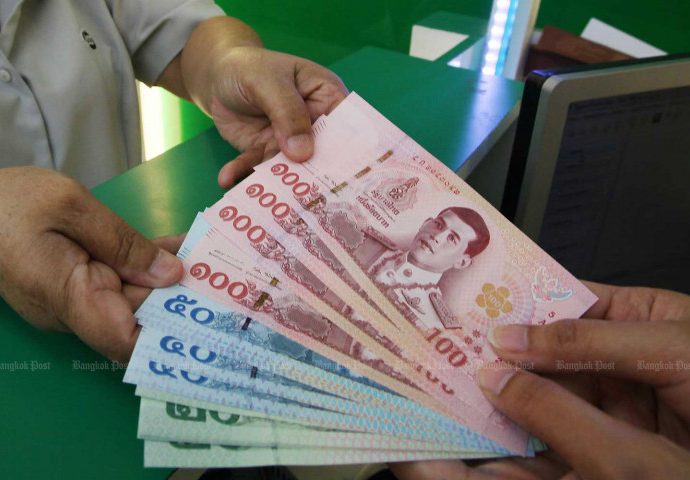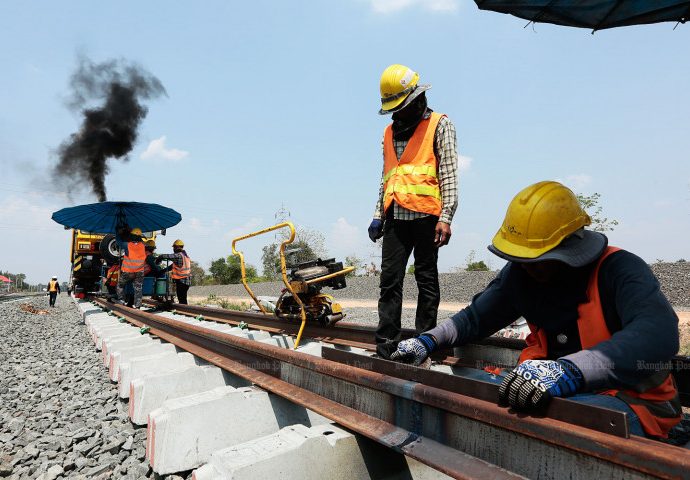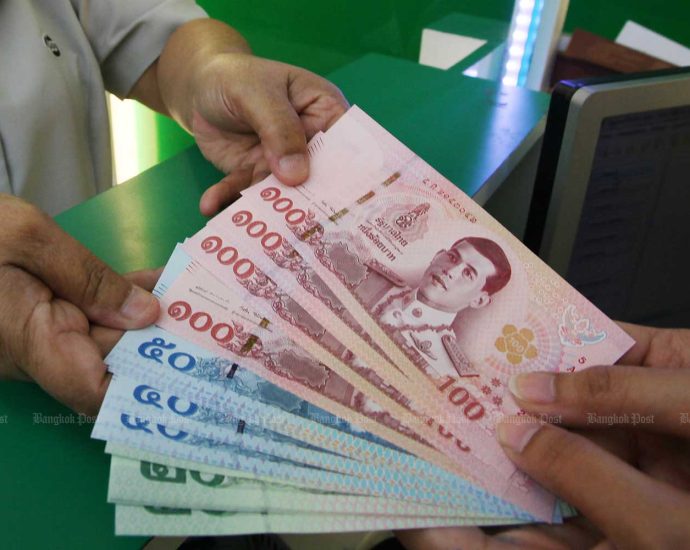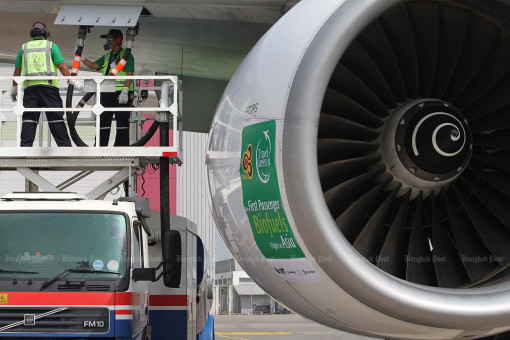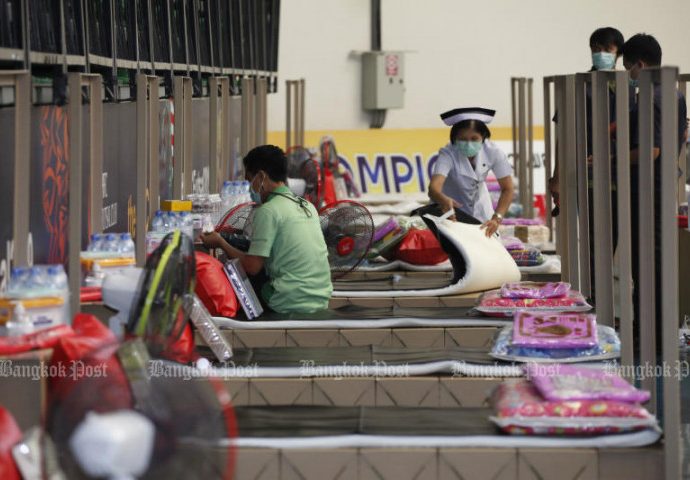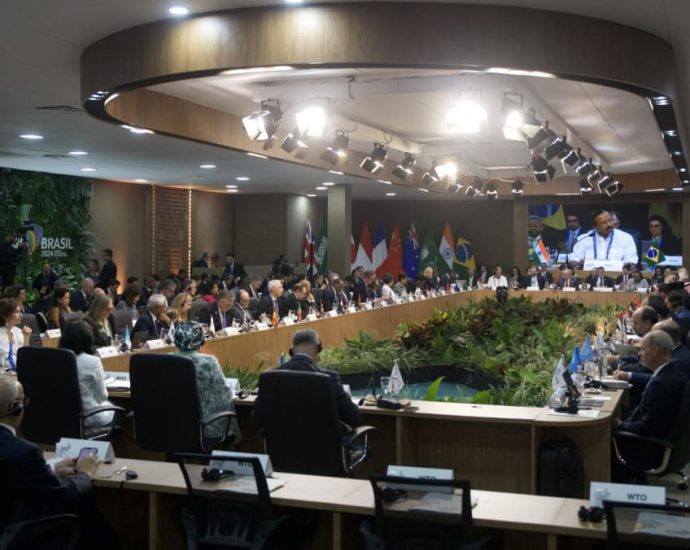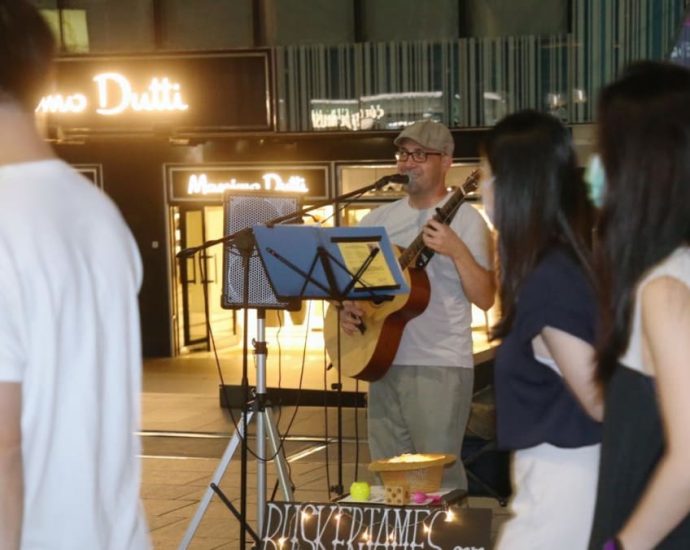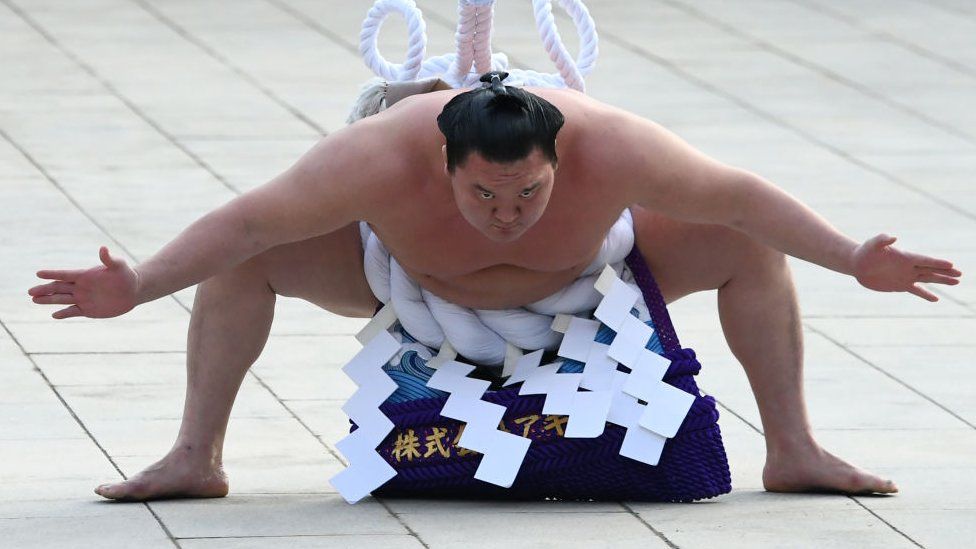SRT approves three double-track routes

B113bn railroad to cover 634 kilometres
PUBLISHED : 24 Feb 2024 at 04:30
The State Railway of Thailand’s (SRT) board has given the green light to a plan to build three routes of a double-track railroad system covering 634 kilometres with a combined investment of 113.14 billion baht.
SRT governor Nirut Maneepan said the proposal for the three routes, which are part of the second phase of the double-track rail network, would be forwarded to the Transport Ministry this month before cabinet approval was sought.
They comprise the 281km Pak Nam Pho-Denchai route, which costs 81.14 billion baht; the 308km Jira Junction-Ubon Ratchathani route (44.1 billion baht); and the 45km Hat Yai-Padang Besar route (7.9 billion baht).
Mr Nirut said the environmental impact assessment (EIA) reports for the construction works have been approved by the National Environment Board and the projects can be implemented as soon they receive cabinet approval.
The EIA reports, endorsed a few years ago, remain valid and have not expired, he confirmed.
According to the SRT governor, the Pak Nam Pho-Denchai route comprises a 235km ground level section, a 40km elevated section and a 5.22km tunnel with a total of 36 stations and three container yards (CY). About 1,089 rai of land will be expropriated for construction.
The Jira Junction-Ubon Ratchathani route comprises a 292.6km ground level section and three elevated sections covering 15km with a total of 35 stations.
Overpasses, underpasses and wildlife crossings will also be built to alleviate impacts on local communities and about 43 rai of land will be expropriated for the project.
The Hat Yai-Padang Besar route includes a 44.5km ground level section and two elevated sections covering 4.6km with a total of three stations. About 21 rai of land will be expropriated. According to Mr Nirut, the second phase project comprises seven routes.
The first of these — the 167km Khon Kaen-Nong Khai route which cost 29.74 billion baht — has already been approved by the cabinet, with the drafting of the terms of reference (ToR) to be completed next month. The remaining projects worth 149.59 billion baht include the 168km Chumphon-Surat Thani route; the 324km Surat Thani-Hat Yai-Songkhla route; and the 189km Denchai-Chiang Mai route.


